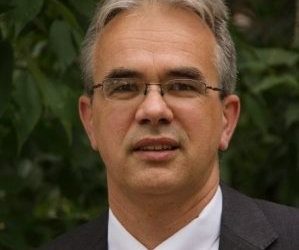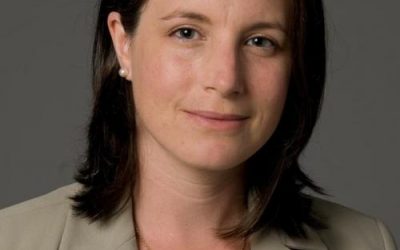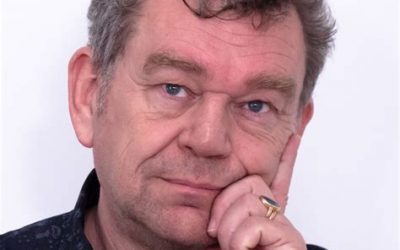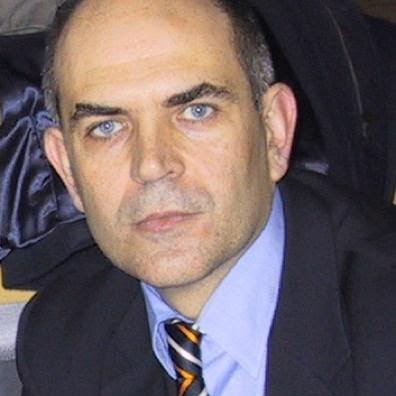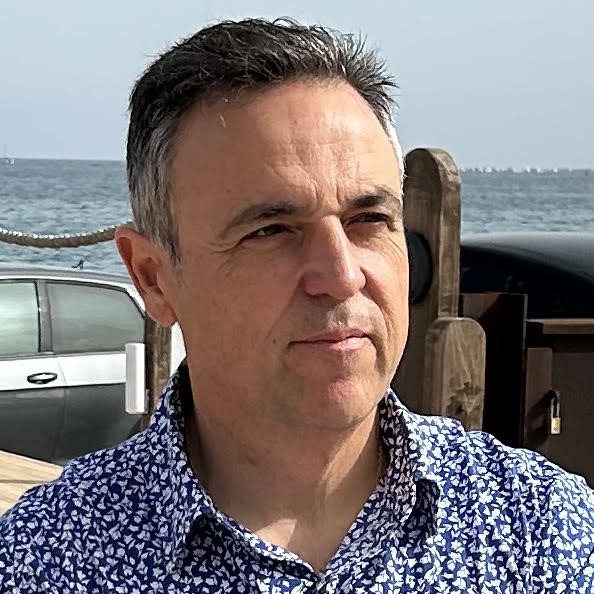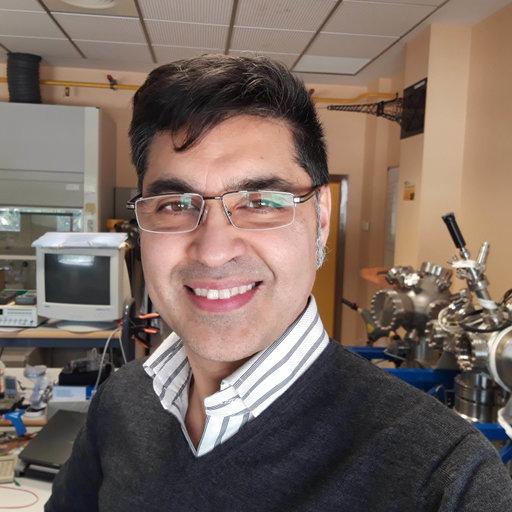NEWS/EVENTS
Seminar “Protecting your innovations”
Seminar “Protecting your innovations”. Delivered by : Dr. Harm Deckers (HMD Consulting, Calgary- Canada). For Wednesday April 16 from 12:00h, in the auditorium of the Institute of Bioengineering (IB), Vinalopó-UMH Building, Vinalopó Campus of Elche, Miguel Hernández University (UMH).
Seminar “Pulse trains to percepts: A virtual patient describing the perceptual effects of human visual cortical stimulation”
Seminar “Pulse trains to percepts: A virtual patient describing the perceptual effects of human visual cortical stimulation”. Delivered by : Dr. Ione Fine, (University of Washington / University of Leeds). For Thursday, March 20, 2025, at 11:00h, in the Auditorium of the Instituto de Bioingenieria (IB), Vinalopó-UMH Building, Vinalopó Campus of Elche, Miguel Hernández University (UMH).
Seminar “The theta-gamma code in action”
Seminar “The theta-gamma code in action”. Delivered by : Dr. Paul F. M. M. J. Verschure, (specs-lab.com, UMH Distinguished Professor Department of Health Psychology & Alicante Institute of Neuroscience). For Thursday, March 13, 2025, at 12:00h, in the Assembly Hall of the Institute of Bioengineering (IB), Vinalopó-UMH Building, Vinalopó Campus of Elche, Miguel Hernández University (UMH).
Bioengineering Institute
OBJECTIVES
The main objective of IB is to foster research in Bioengineering, strengthening the following fields:
- Biomedical neuroengineering. Medical robotics and regenerative medecine.
- Food quality and safety. Nutrition and sport.
- Structural and functional genomics of plants.
- Toxicology and chemical safety, neurotoxicity and embryotoxicity.
- Clinical trials and drug monitoring.
- Synthesis and design of organic molecules with applications in nanotechnology and biotechnology.
- Design and obtention of new biomaterials.
- Developing of optical systems for advanced imaging and structured light.
- Applied zoology and biophysics.
- Regenerative cell therapy.
The Institute of Bioengineering (IB) began its constitution process with the Miguel Hernández University in 1996. Since then, the Institute has been developing lines of research until today it is a benchmark for the quality and impact of its research and scientific production. This fact is evidenced by the marked participation of our scientists in various regional, national, and European programs, obtaining their own funds, grants and awards, and published articles.
The Institute of Bioengineering of the Miguel Hernández University is an interdisciplinary center whose mission is to carry out quality research that creates knowledge and at the same time contributes to an increase in the quality of life and health. Its coexistence with other research centers on the Elche campus makes the environment in which the IB is located one of high scientific activity, which favors and allows the development of highly relevant projects. A fact added to the close ties with which the institution has nationally and internationally with other centers, universities, hospitals, institutions, and companies, enables science and technology to come together to solve problems presented by Biology, Medicine, Engineering, Chemistry, Physics and Materials and the technological applications of scientific knowledge.
Due to the wide spectrum of disciplines that come together in Bioengineering, it is normal to focus on specific aspects, hence its current 7 research units, 19 research groups, approach the study of Bioengineering from a very wide and diverse focus. A task carried out every day by the over 100 members of the institute, among researchers and support personnel. An expert and multidisciplinary team with an eminently international character that positions us in the best place to achieve our goals and objectives for the future and that year after year sets the highest bar as shown by our indicators of scientific activity, data which emphasize the remarkable transcendence of the center.
In addition to the research activity, it is important to highlight the training work carried out by the Institute. Most of the IB researchers collaborate in the different degrees offered by the UMH, in the Master in Biotechnology and Bioengineering and in the PhD Program in Bioengineering.
Management Team
(c) PVC Instituto de Bioingeniería

